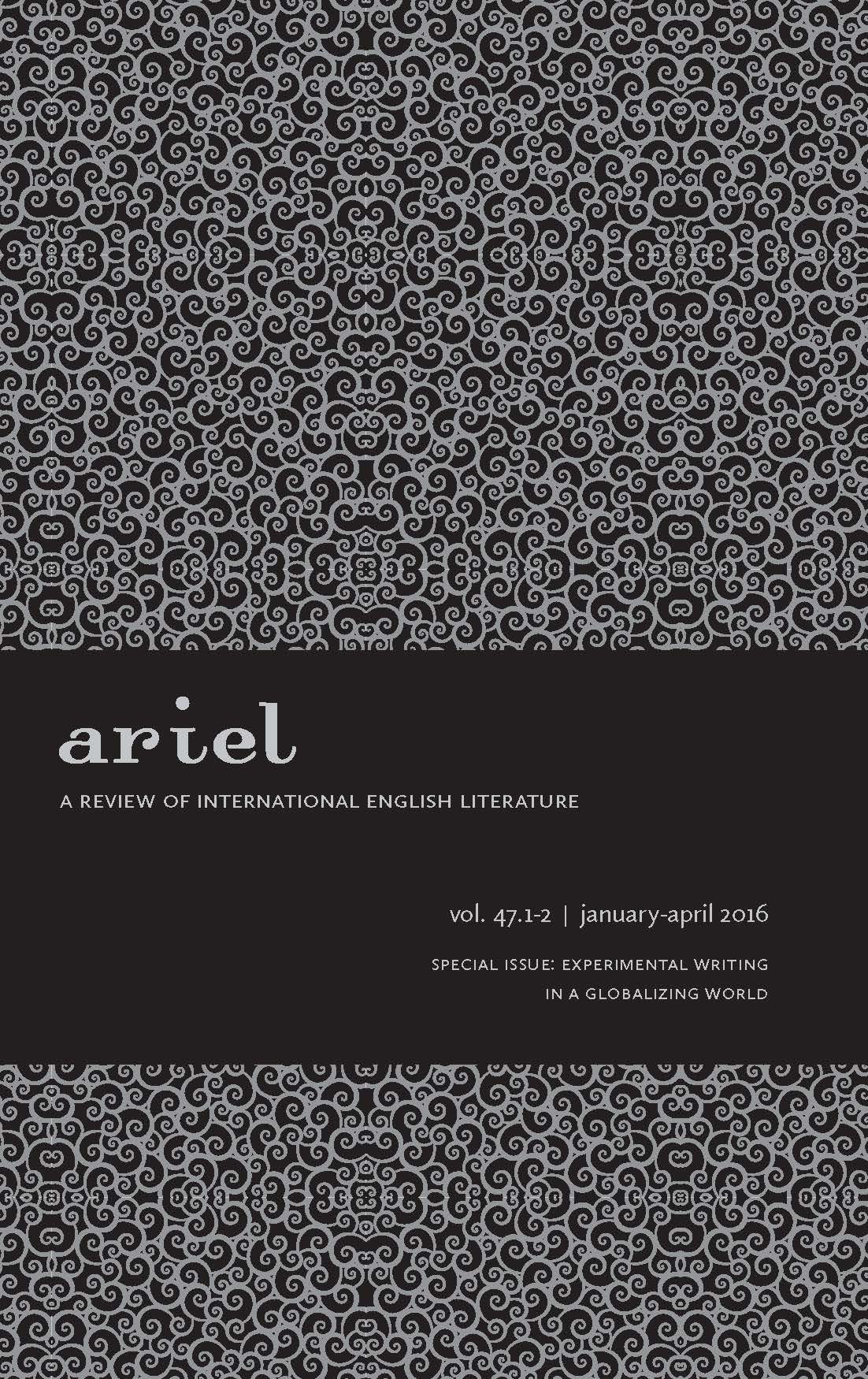"I haven’t seen you since (a specific date, a time, the weather)": Global Identity and the Reinscription of Subjectivity in Brian Castro’s Shanghai Dancing
Keywords:
Relationality, Metmodernism, Brian Castro, Stylistics, Pronouns, Modes of Address.Abstract
“Who am I? Where am I? Where and to whom do I belong?” These are, according to sociologist Ulrich Beck (1997: 107), key questions facing the individual in the globalizing world. Yet even this formulation is too essentialist, the interrogative pronouns pointing to monolithic sources upon which to found contemporary identities. The present is a time “when power is no longer so neatly centred or easily tracked and when people’s lives and identities are no longer so neatly bounded or easily located” (Jaworski and Thurlow 2010: 255).
Contemporary literature holds a unique position: through fiction, writers connect aesthetically with the public imagination, commenting and reflecting upon contemporary instabilities. In Shanghai Dancing, Australian author Brian Castro not only presents readers with a protagonist whose national heritage is so “spectacularly hybridised” that he explodes “any perceived distinction between a homogenous, dominant culture and multiethnic others” (Brennan 2008: 4), his innovative and linguistically challenging prose performs playful subjective shifts. Whilst Castro’s novels often envision dialogues between different cultural affiliations (principally those pertinent to his own hybridized identities - Australian, Chinese, Portuguese, French, and English), Shanghai Dancing also blurs autobiography with fiction to explore the multiple negotiations within contemporary identity construction.
This article offers a detailed reading of the literary representations of identity in Shanghai Dancing. Focusing upon perceptual deixis in the form of pronoun usage and narrative address, particularly the literary manipulation of pronominal positioning, the analysis links Castro’s experimental poetics to his socio-political critique. In a reflective essay, the author suggests that autobiography and the first-person pronoun “invokes multiplicity” and offers “a proliferation of selves. A juxtaposing of differences”. He declares “I am not only Portuguese, Chinese and French, but I am writing myself out of crippling essentialist categorisations, out of the control exerted over multiplicities.” (1999 [1996]: 114-5; original italics). Thus, multiple subjective positionings are both a feature of the innovative texture of Castro’s prose and a vehicle of liberation. This article places Castro’s writing within the discourse of metamodernism, tendering “aesth-ethical” commitment (Vermeulen and van den Akker 2010) and being “pointedly relational, turning as it does on self and other’s foundational co-relationality with respect to one another” (Moraru 2011: 17). The analysis shows that Shanghai Dancing depicts metamodernist identity as self-reflexive for characters and more significantly for writer and readers too, whose cosmopolitan identities (our attitudes, our purchases, our leisure activities including literary reading) connect with and are complicit in modern global capitalism.


